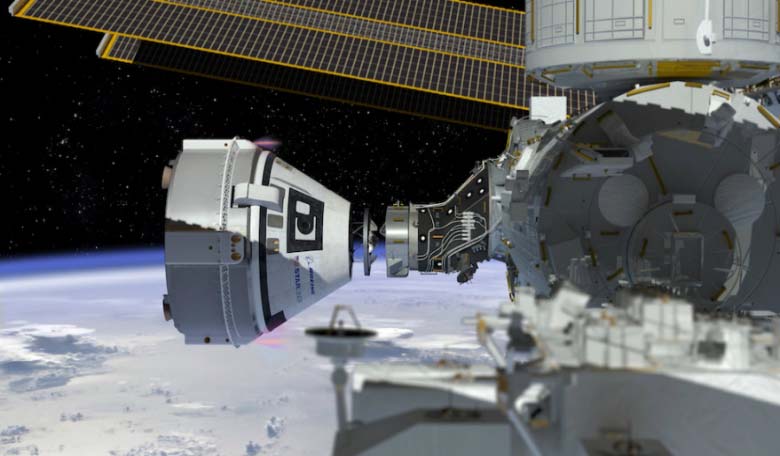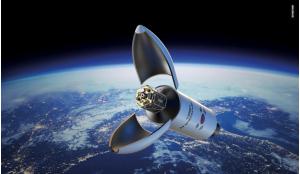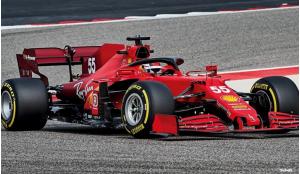The first crewed flight of Boeing's CST-100 Starliner commercial crew vehicle has been postponed until early 2018. This change sets the date back past NASA's original schedule, and is due to some technical issues that the company claims are normal for a development program.
On May 12, Boeing spokeswoman Rebecca Regan said that according to current schedule, the pad abort test of the spacecraft's launch abort system will take place in October 2017. It will be followed by an un-manned orbital test flight in December 2017. The subsequent manned flight, which will take one NASA astronaut and one Boeing test pilot to the ISS, is currently scheduled for February 2018.
Regan said that several factors contributed to the new schedule, which Boeing recently presented to NASA. One issue was reducing the spacecraft’s mass. “It’s typical of any development program,” she said of that work, adding that the mass was now “in the box.”
Another factor is the aerodynamics issues that occured during launch and ascent of the CST-100 on an Atlas 5. Regan said Boeing has developed a “really viable option” for dealing with pressure on the spacecraft and launch vehicle, and plans to test it in a wind tunnel soon.
A final factor, she said, was that NASA gave Boeing additional software requirements for the spacecraft, which requires about three months of work to complete. “A combination of those things contributed to the revised schedule,” she said.
The revised schedule was first mentioned by Leanne Caret, Boeing executive vice president and head of the company’s defense, space and security division, at a company investor conference May 11 in Seattle. “We’re working towards our first unmanned flight in 2017 followed by a manned astronaut flight in 2018,” she said. Previously, Boeing had indicated it planned to carry out that initial crewed flight before the end of 2017, although she made no explicit mention of a delay.
Caret added that even with the revised schedule, Boeing still hoped to be the first company to fly its commercial crew vehicle. “It is our vision that the CST-100 will be the first of the new American capsules to take astronauts to space,” she said.
Regan said it was an “aspiration” for Boeing to be the first U.S. company to fly a crewed spacecraft to the ISS, in part because the company is the prime contractor for the station. “There’s a lot of pride at Boeing to do that,” she said, but added the company prioritized safety over schedule.
Although the CST-100 flight test schedule is delayed, Boeing is emphasizing the progress it is making on the overall program. The company announced May 11 it had mated the two parts of a structural test article of the spacecraft. That test article will soon be shipped to a Boeing facility in California for environmental and other tests.











